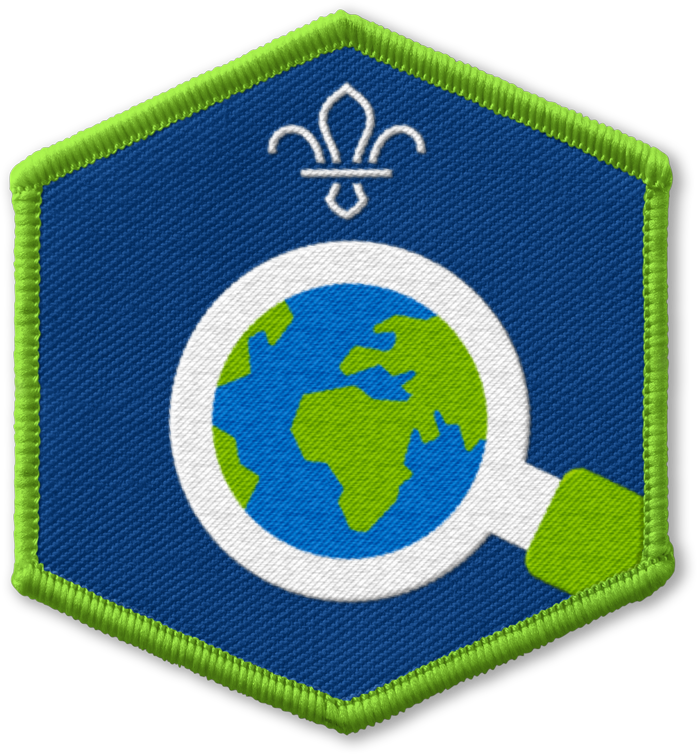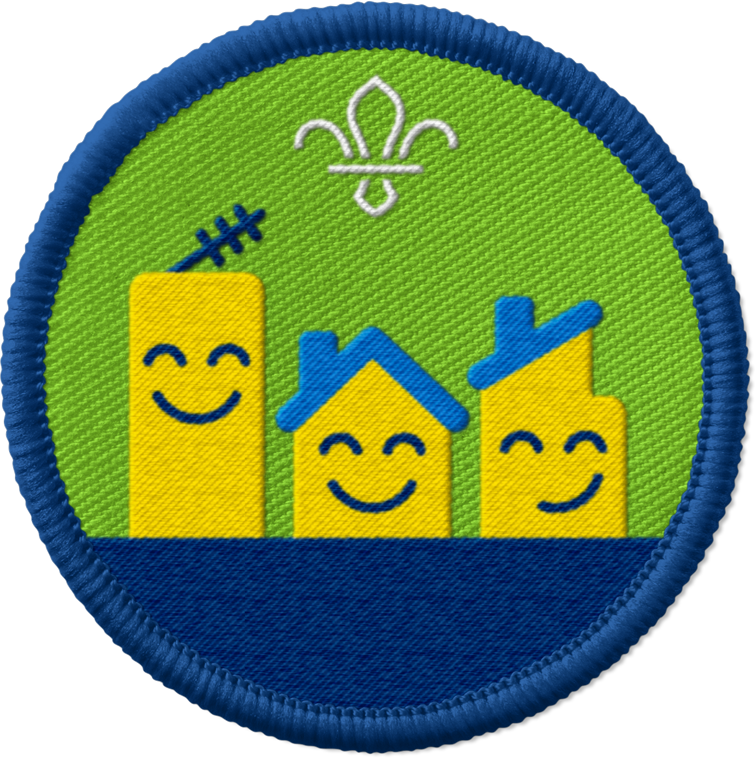
Memory lane
You’ll need
- Pens or pencils
- A4 paper
- Rulers
Before you begin
- Plan how you’ll visit some older members of your community. You could visit a day centre, care home, or a social group where older people meet (have a look for ‘Darby and Joan’ clubs or supper clubs).
- Get in contact with someone at the centre, home, or group to find out when’s best for you to visit, and check if there’s anything else you need to know.
- Arrange everything in advance so everyone has plenty of notice.
- Make sure you let parents and carers know about the visit.
Plan your visit
- The person leading the game should explain that everyone will be visiting older people, and tell everyone where they’ll be going.
- Everyone should talk about some questions they can answer about themselves that the older people will be able to answer too.
- The person leading the activity should give everyone a sheet of paper and a pen.
- Everyone divides their paper into three columns.
- In the first column, everyone should write down some questions they'd like to ask.
- Everyone should fill in the second column with their own answers to these questions.
Visit older people
- Everyone should gather together when they arrive. The person leading the activity could take a few moments to remind everyone to be polite.
- The person leading the activity should give everyone their question sheets, that they created beforehand.
- Everyone should get into pairs or small groups.
- Each pair or small group should talk to an older person (or a few, if they’d like to be in pairs or small groups too). If anyone’s feeling shy, the person leading the game could introduce them, and help them tell the older person the first thing on their sheet.
- Everyone should work through the sheet with their older person. They should read the question, talk about their answer, and listen to the older person talk about theirs. They could also talk about what’s the same and what’s different.
- At the end of the visit, everyone could perform some entertainment for the older people.
Reflection
This activity helped you to respect others. Did you expect the older people to be similar to you? Were there things that were the same? Everyone should take it in turns to think about what they think they’ll remember from their childhood when they’re an older person. They could share that they think it’ll be—perhaps a special day, a celebration, a birthday, or an achievement.
This activity also reminded you that you’re a citizen. The older people are also citizens in your community. Why is it important to talk to older people? Some older people may be lonely or bored—they may really like meeting younger people like you with lots of energy. You might remind them of what it’s like to be a child, or they may enjoy sharing their stories with you. We can learn lots from older people, too. They used to be our age, but now they’ve grown up and experienced lots of things.
Safety
All activities must be safely managed. You must complete a thorough risk assessment and take appropriate steps to reduce risk. Use the safety checklist to help you plan and risk assess your activity. Always get approval for the activity, and have suitable supervision and an InTouch process.
You could think about stories or subjects from local history to talk about with the older people. Some of them may want to share what they know about it.
You could make memory boxes for the older people. Fill them with things related to the questions everyone asked and the things they talked about, for example, the older person’s favourite biscuits.
If you’re struggling to arrange a visit, you could invite older family members to join you at your meeting place. You could even arrange a video chat if you have access to the internet!
All Scout activities should be inclusive and accessible.
You may want to keep in touch with the older people. You could work with them to achieve your Community Impact Staged Activity Badge—or you may just want to visit again, especially to take entertainment or treats on special occasions.
Everyone should think about what they’d like to ask or what entertainment they’d like to perform.



